If you want to know what to do with your hair, you should know the characteristics of 4c hair. This texture is usually fine to coarse, is prone to breakage, and needs a lot of moisture. Here are some tips for getting the best style for your 4c hair. You can even try out a new style and find out that it looks great.

Fine to coarse texture
If you have fine to coarse texture, then you are a 4C Hair type. This type of hair has tightly-coiled strands with little to no curl pattern. Its texture is fine to coarse and varies in porosity and density. Despite this texture, it can be very delicate and is susceptible to shrinkage.



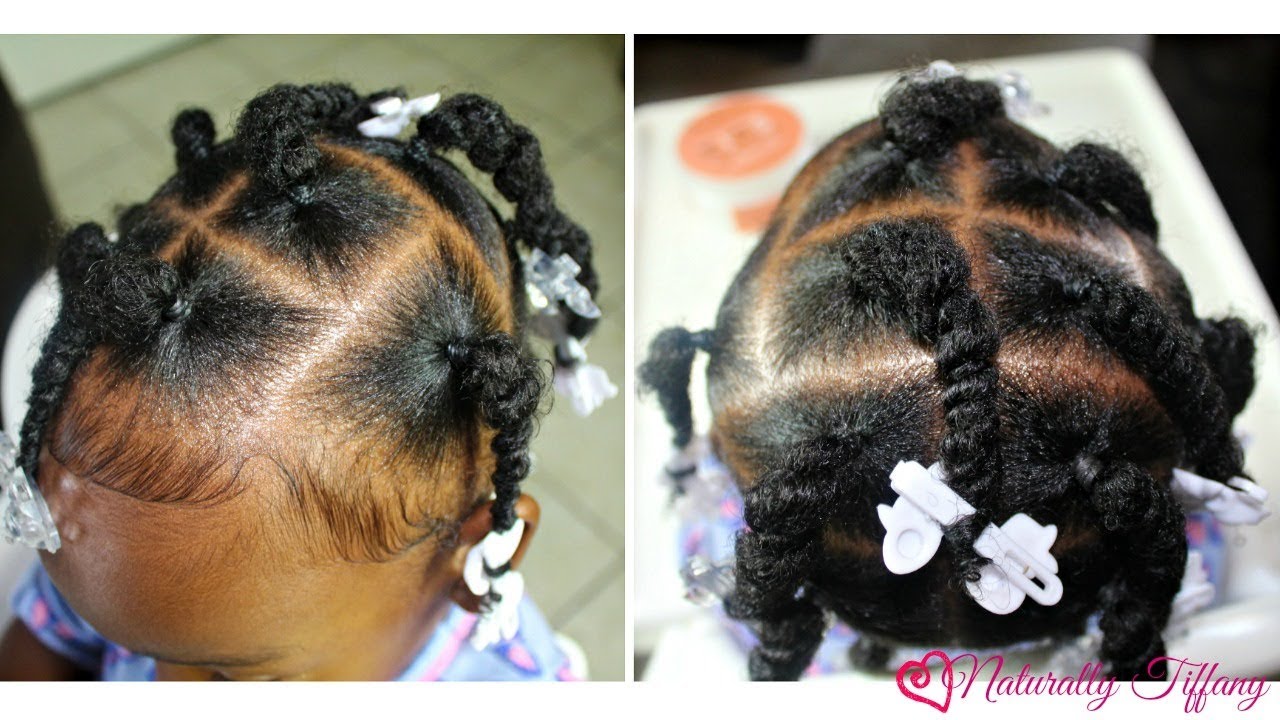


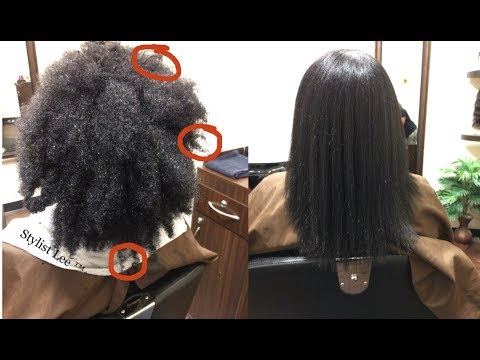

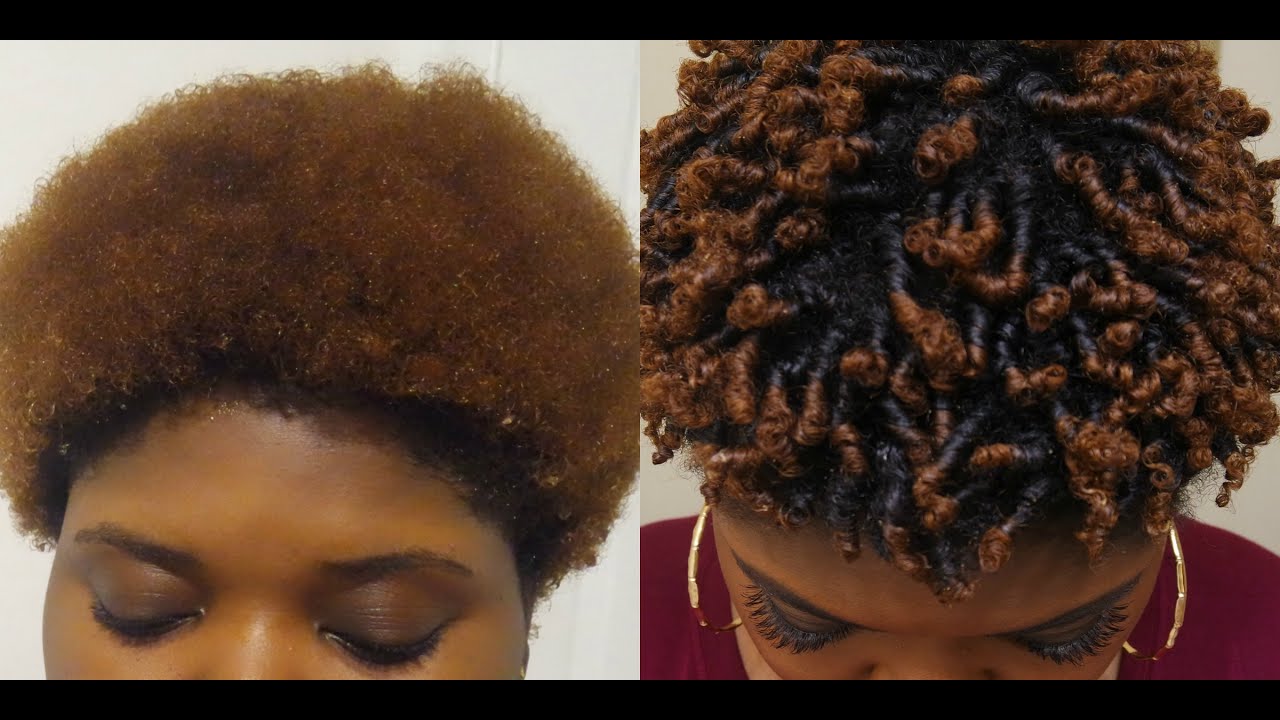

This type of hair needs a gentle moisturizer that won’t leave it feeling too heavy. Try using a water spray bottle atomizer, which is lighter and gives your Hair a fresh, healthy look. Unlike normal water spray bottles, atomizer spray bottles have 360-degree sprinkling ability, so you can reach any section of hair.










People with 4B Hair type will notice a zigzag pattern in their hair. This pattern causes the strands to bend at different angles, causing them to be prone to breakage and dryness. This type of hair also has a tendency to shrink. Proper care and maintenance will minimize the shrinkage that occurs with 4B hair.









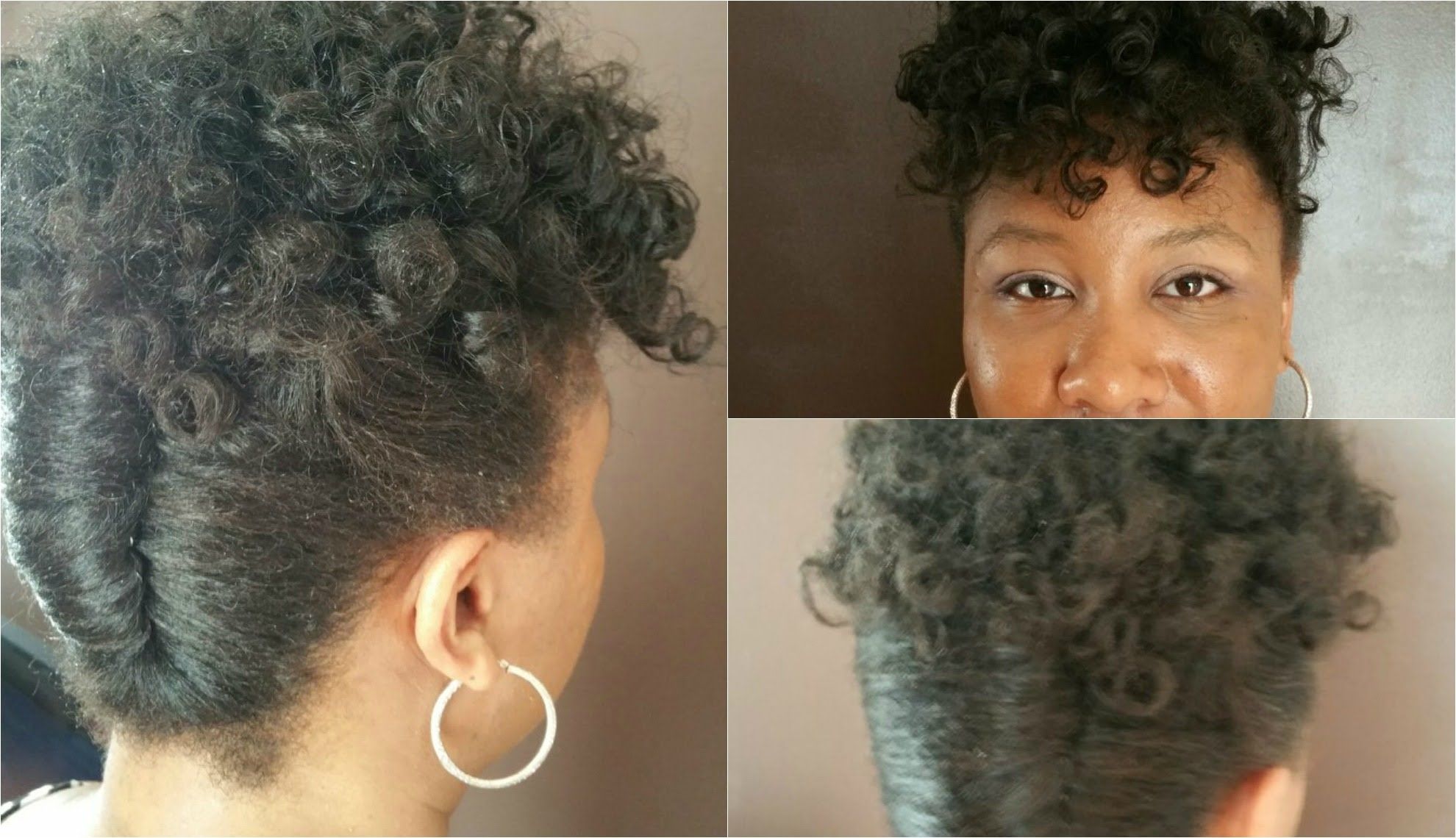
Taking care of your Hair is easier than you think. Once you have mastered the art of following a hair care routine, it will become second nature. Simply follow the recommended tips and suggestions and you’ll be on your way to a beautiful head of hair. This hair type is prone to tangling, so you should avoid using heavy creams and products.










Because it’s so fragile, it’s essential to take care of it. Excessive styling can lead to breakage, so you should avoid excessive heat styling and use protective styles to keep it moisturized. Also, learn when to take down your protective styles. You can even opt for hair extensions if you want to enhance the appearance of your hair.
To minimize tangles and shrinkage, choose a conditioner with natural ingredients. Avoid products with silicones, mineral oils, or sulfates. Naturalistas have found success using products with natural ingredients alone or a combination of both.


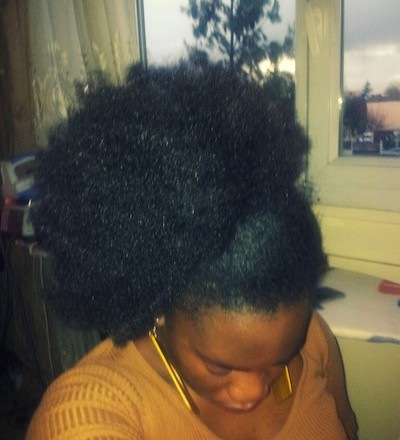

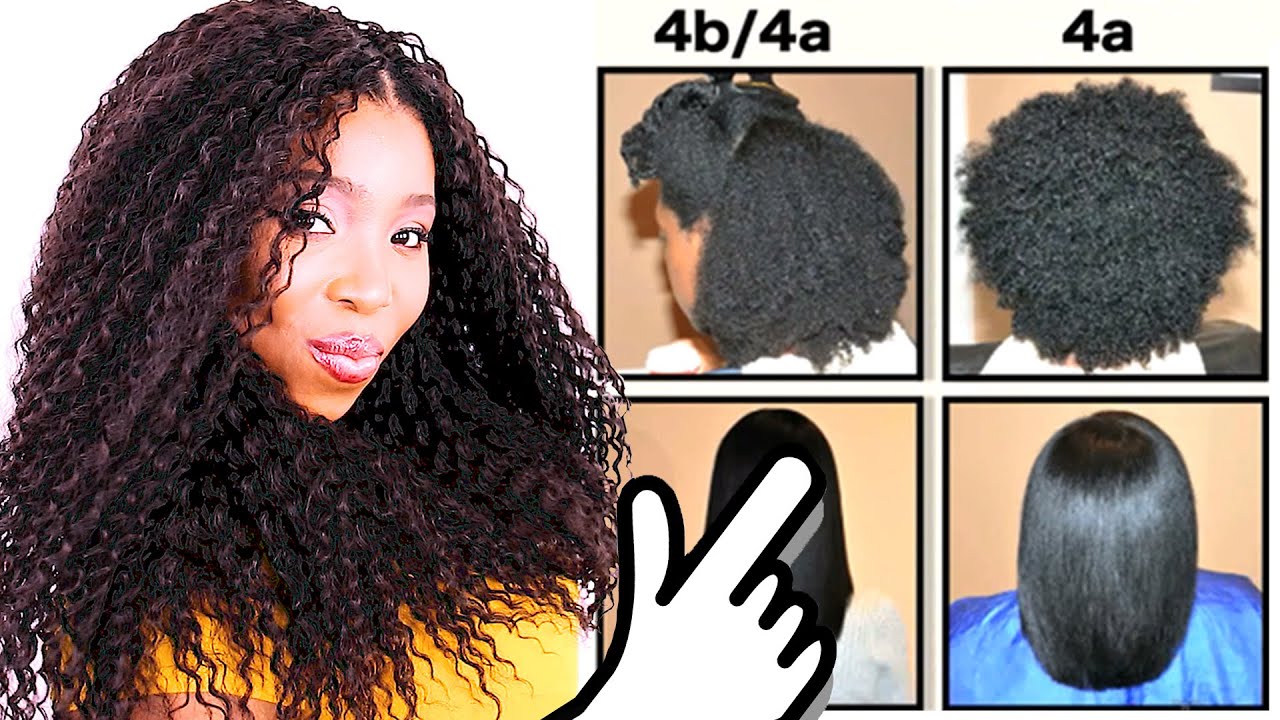












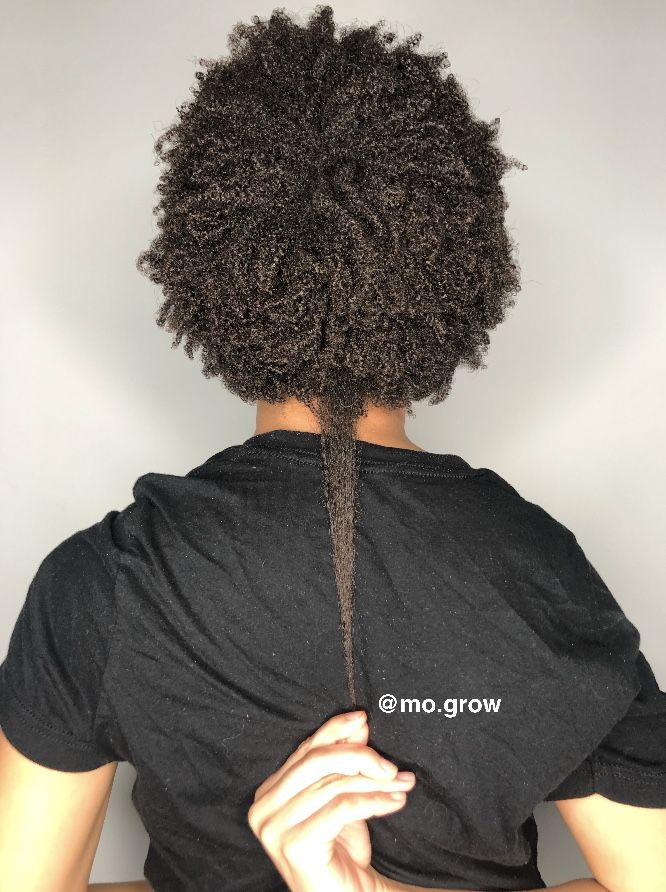


Often prone to breakage
Although many hair types can be fragile, the 4C type is particularly susceptible to breakage. The reason for this is the structure of the hair, which is prone to several points of weakness. In addition, the strands are very fine, making them more likely to break. This means that proper care is essential. Luckily, there are a number of things you can do to reduce breakage and keep your hair looking and feeling its best.










The best thing you can do to protect your 4C hair is to keep it moisturized. Although you can purchase a special shampoo and conditioner to keep your hair moisturized, you can also try using water instead. Water can be sprayed on the scalp and massaged into the hair. Another thing you should keep in mind is that 4c hair is very dense, and it can be difficult to style.



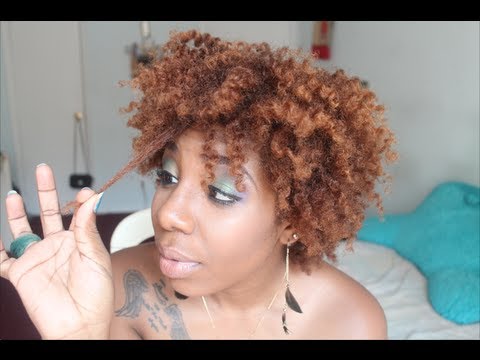

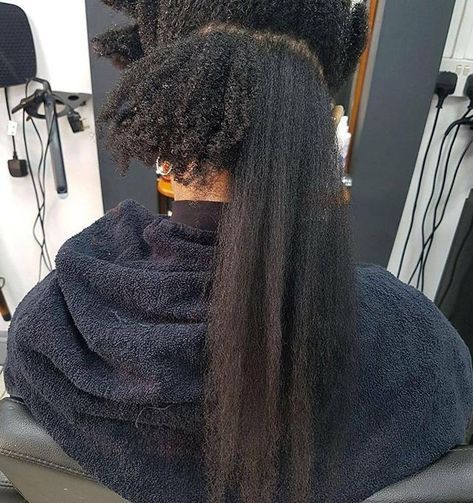
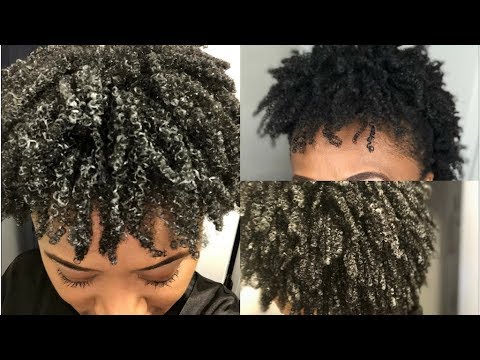

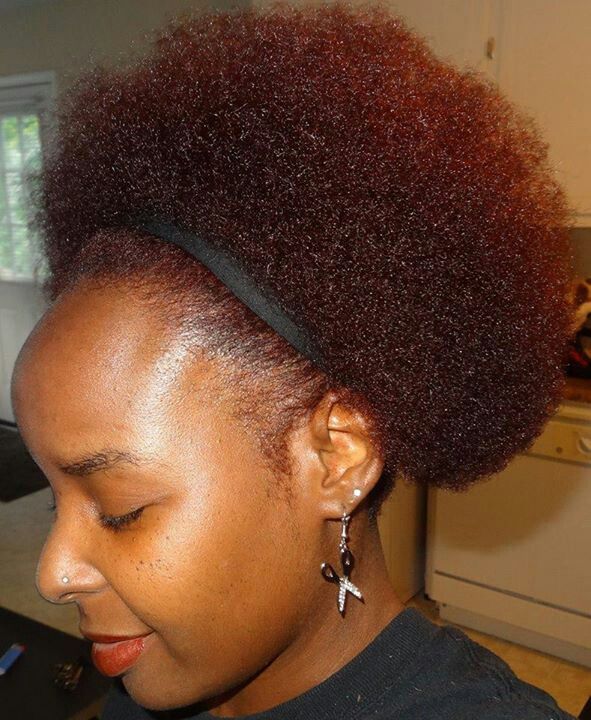

If you want to avoid breakage and split ends, you can trim the ends of your hair regularly. The shorter you cut your ends, the less likely you’ll experience breakage. You can also experiment with a few heat-free styles, which will help stretch your hair and give it a break.

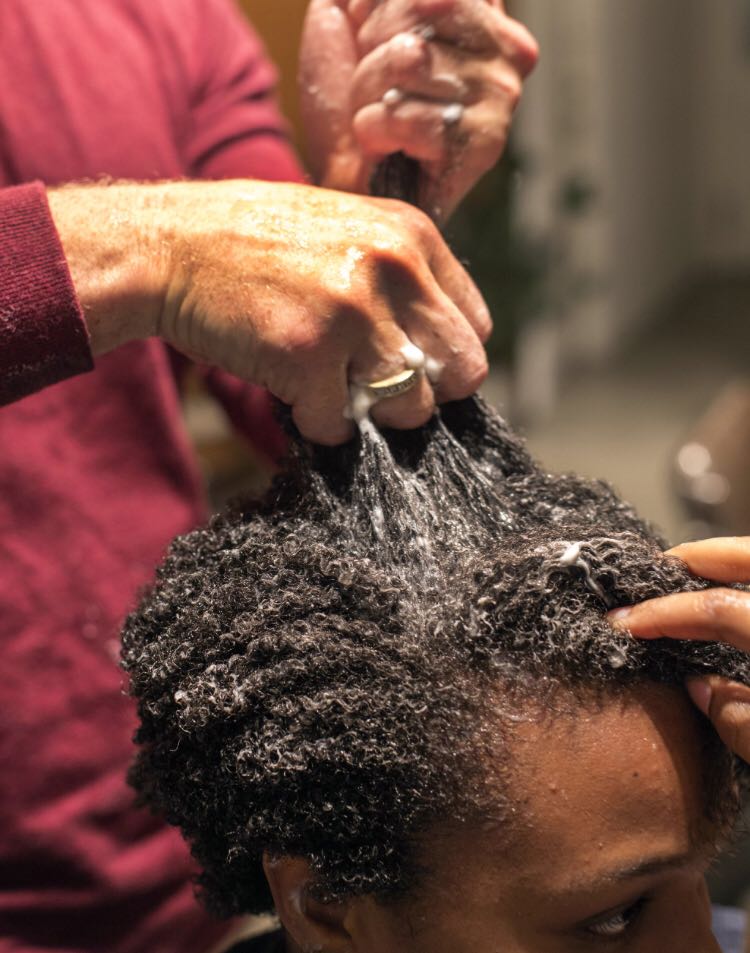



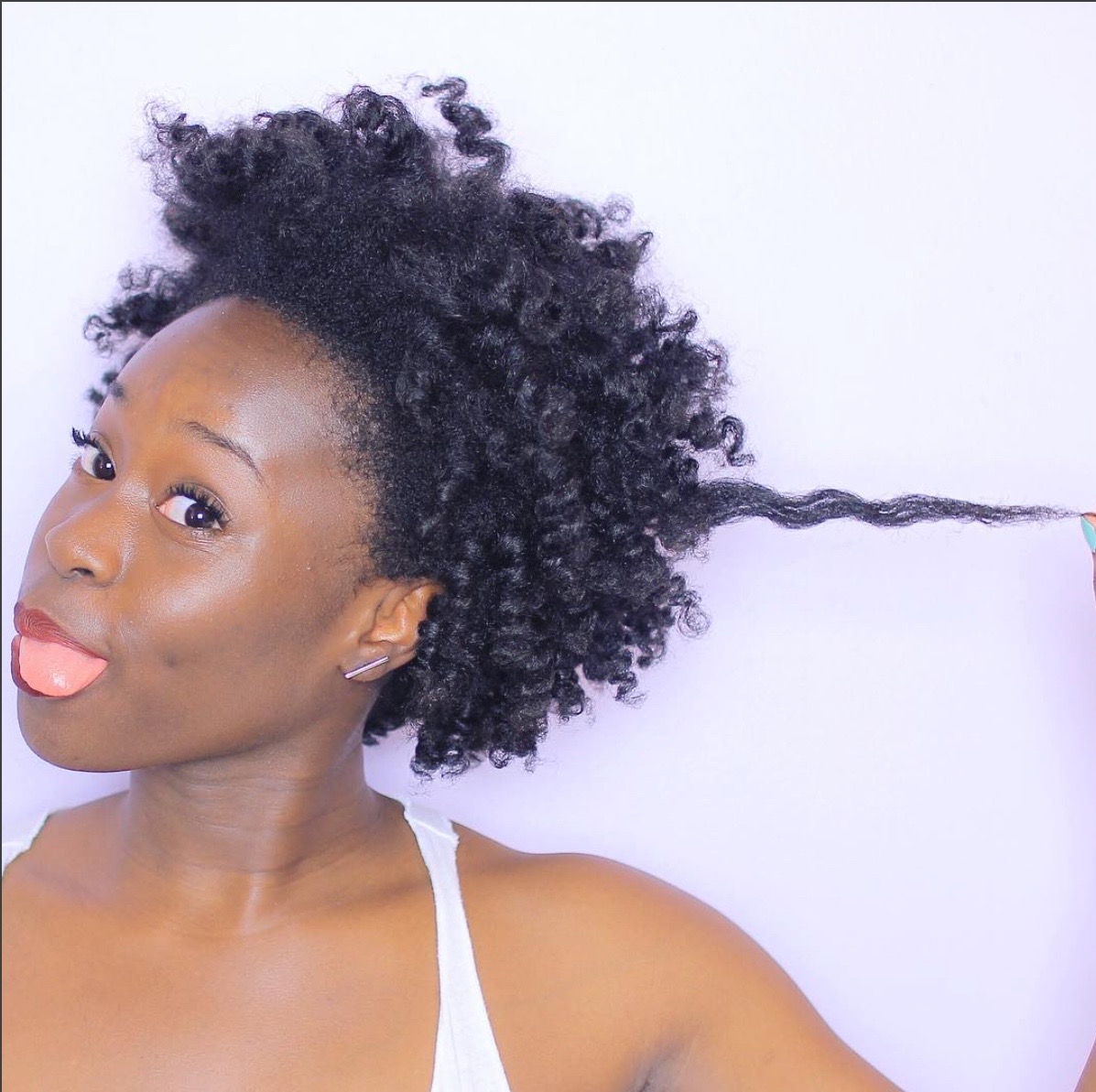



When you’re not styling your hair, be sure to moisturize your 4C hair. It needs moisture to keep it pliant and soft, and prevent breakage. Use a hair conditioner with moisture-retention properties that will help moisturize your 4C hair without weighing it down.
Another tip is to wash your hair regularly. You should wash it once or twice a week. This will help maintain the moisture and length, which will keep your hair bouncy. You should also use a moisturizing shampoo that is sulfate-free. Shampoo that contains sulfates can dry your hair out and damage the natural oils.







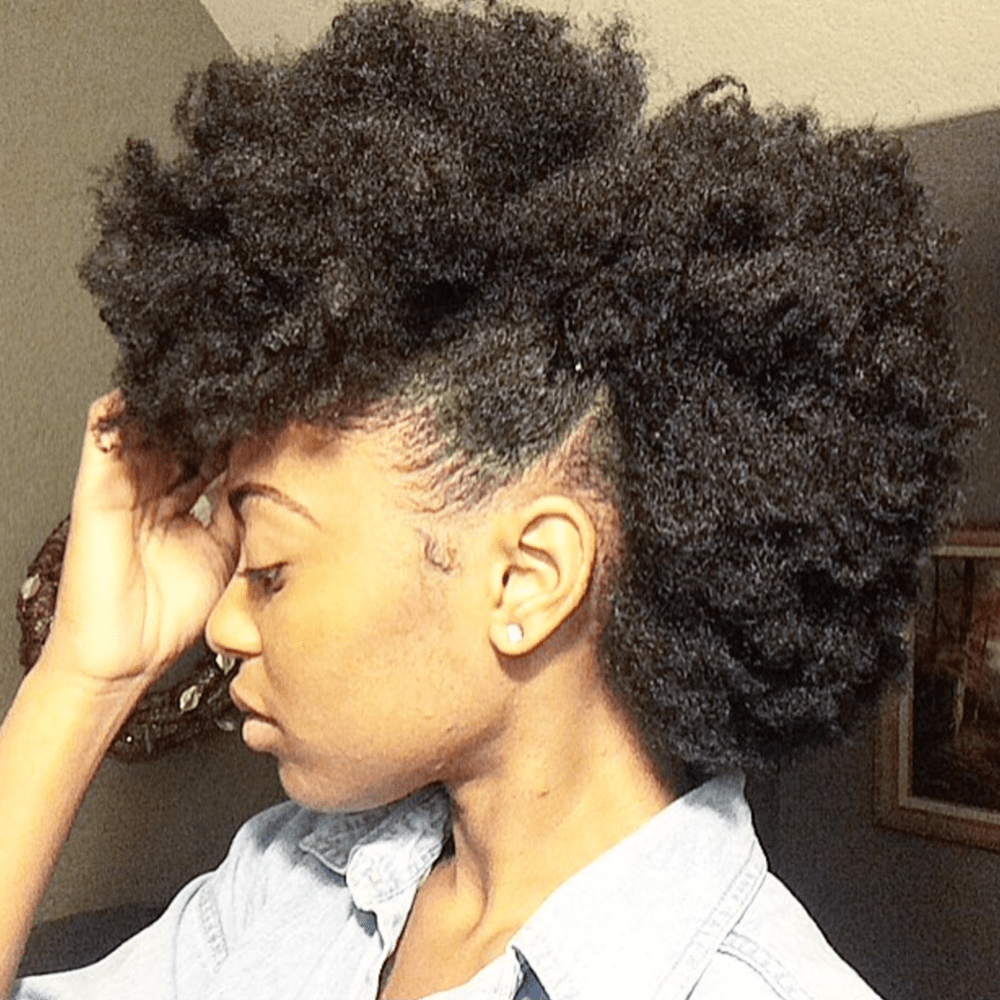


The most important thing you can do to prevent breakage is to prevent the strands from getting too dry. If your hair gets too dry, it will be much easier to get tangled and frizzy. It’s also important to avoid washing too often.
















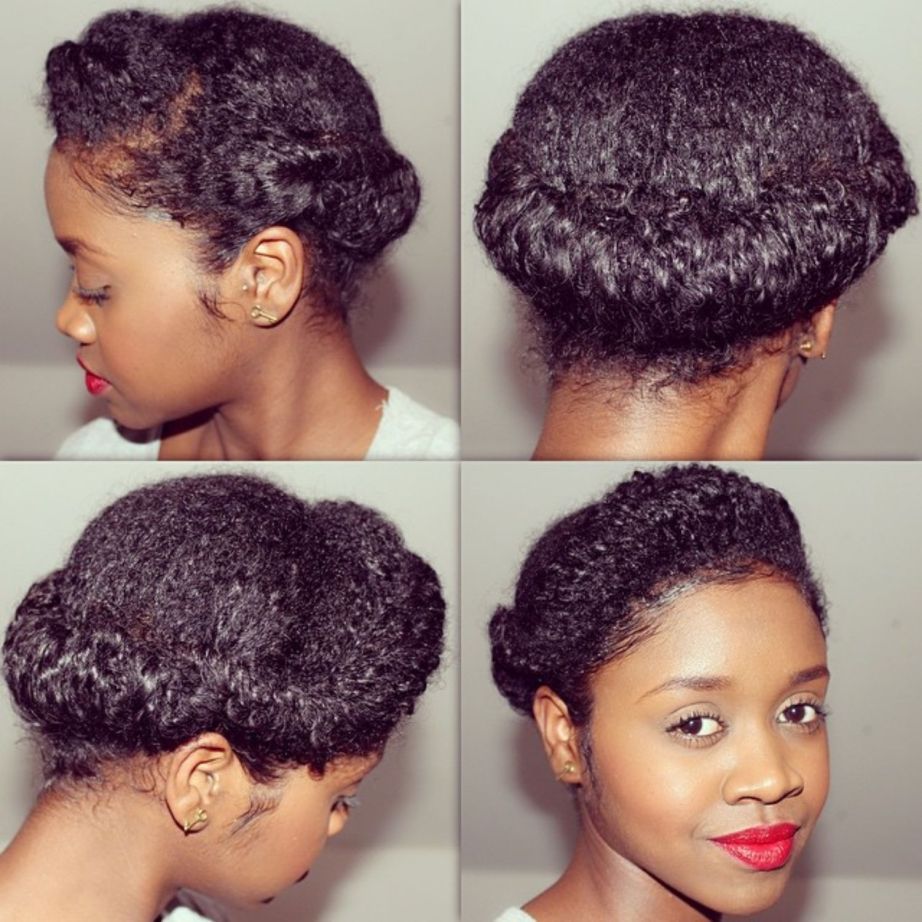
Needs a lot of moisture
If you have 4C hair, you need to use a deep conditioning treatment on your hair at least once a week to provide extra moisture. This process involves applying a hydrating conditioner to wet or dry hair, covering it with a plastic bag or shower cap, and allowing it to sit for at least 30 minutes. Then, rinse it out. You can also use a hooded dryer to help the conditioner penetrate deep into the hair shaft.








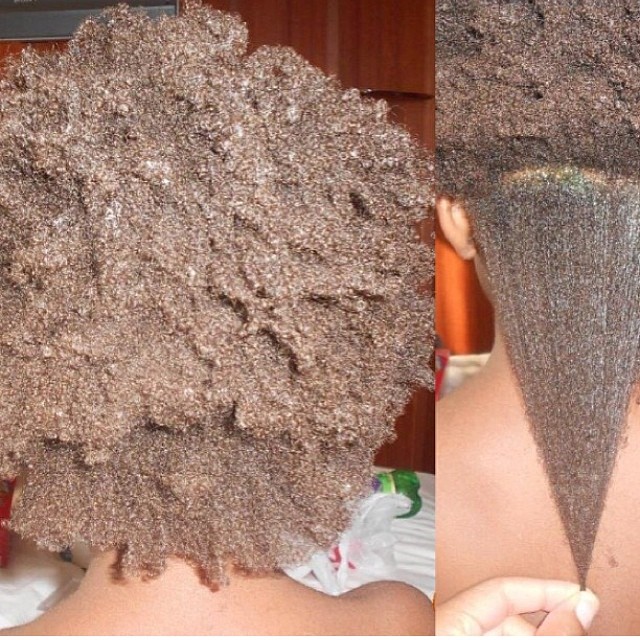

Adding a sealing oil to your hair is important for this type of hair, as it helps to seal in moisture and locks it in. This is especially important for 4C hair, since the hair tends to lose moisture quickly. You should always include a sealing oil in your daily routine.

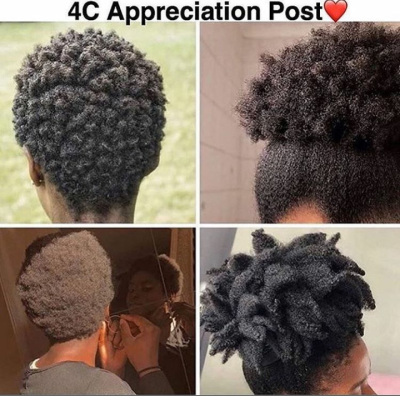






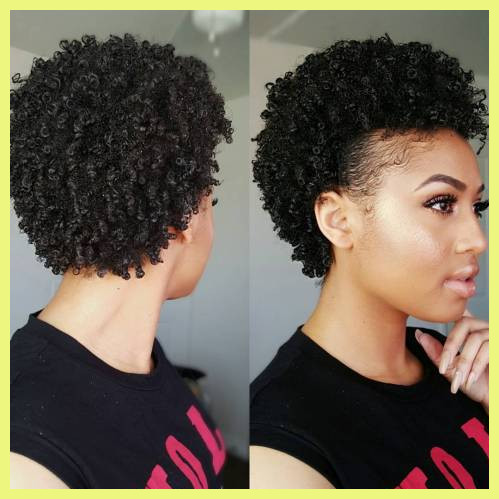

When using a deep conditioner on 4C hair, you should be sure to pay special attention to the ends. Then, you can seal the moisturizer with an oil, butter, or gel. You can also deep condition your hair after every wash. Make sure to choose a deep conditioning treatment that is made for your hair density.
Another way to moisturize 4C hair is by using a leave-in conditioner. This method seals in the moisture and prevents breakage. Applying the conditioner before styling your hair can prevent breakage and make the style easier to maintain. Using a leave-in conditioner (LOC) before applying any styling products will also help protect your hair from dryness and split ends.





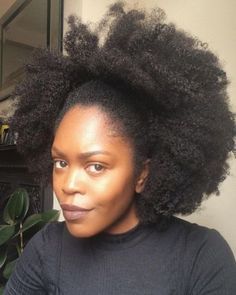



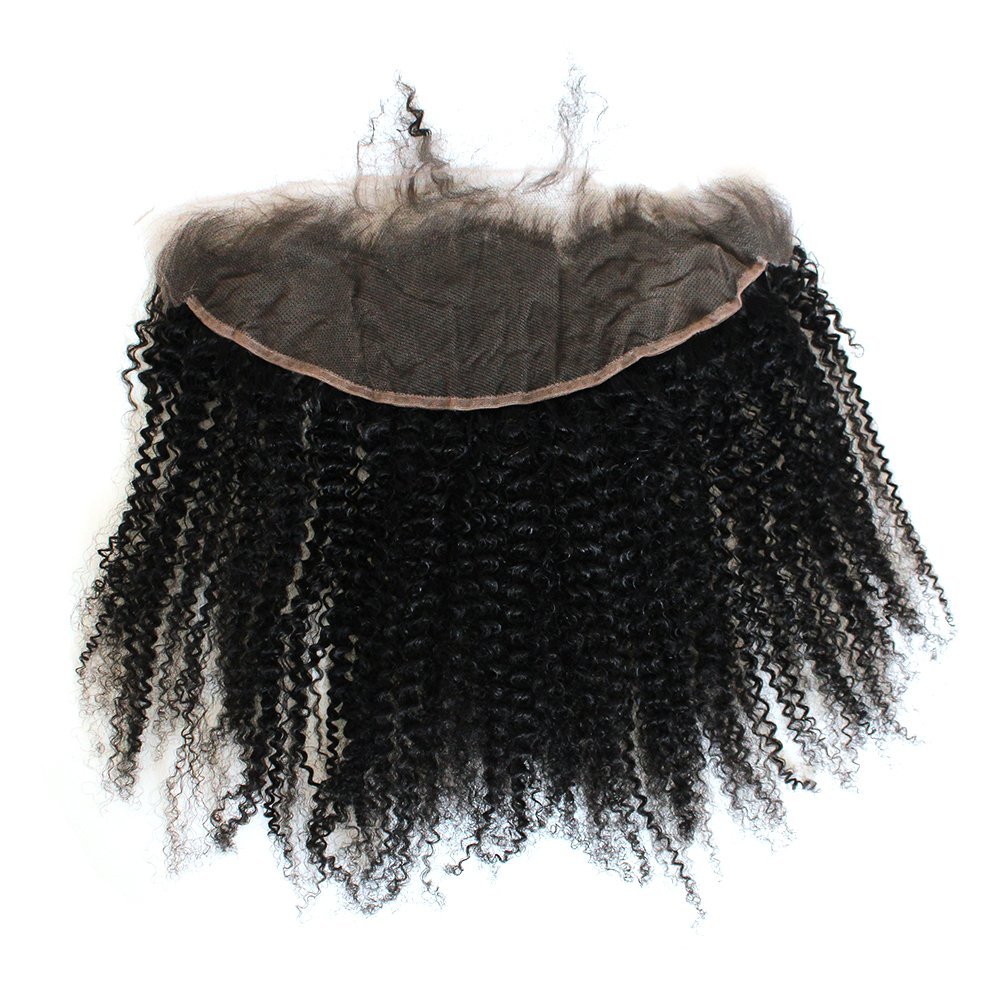
When washing your hair, you should use a sulfate-free shampoo to remove buildup without stripping your hair of its natural oils. You should also try to use a shampoo that is free from silicones and mineral oils. Using a hair mask can also help strengthen damaged hair.





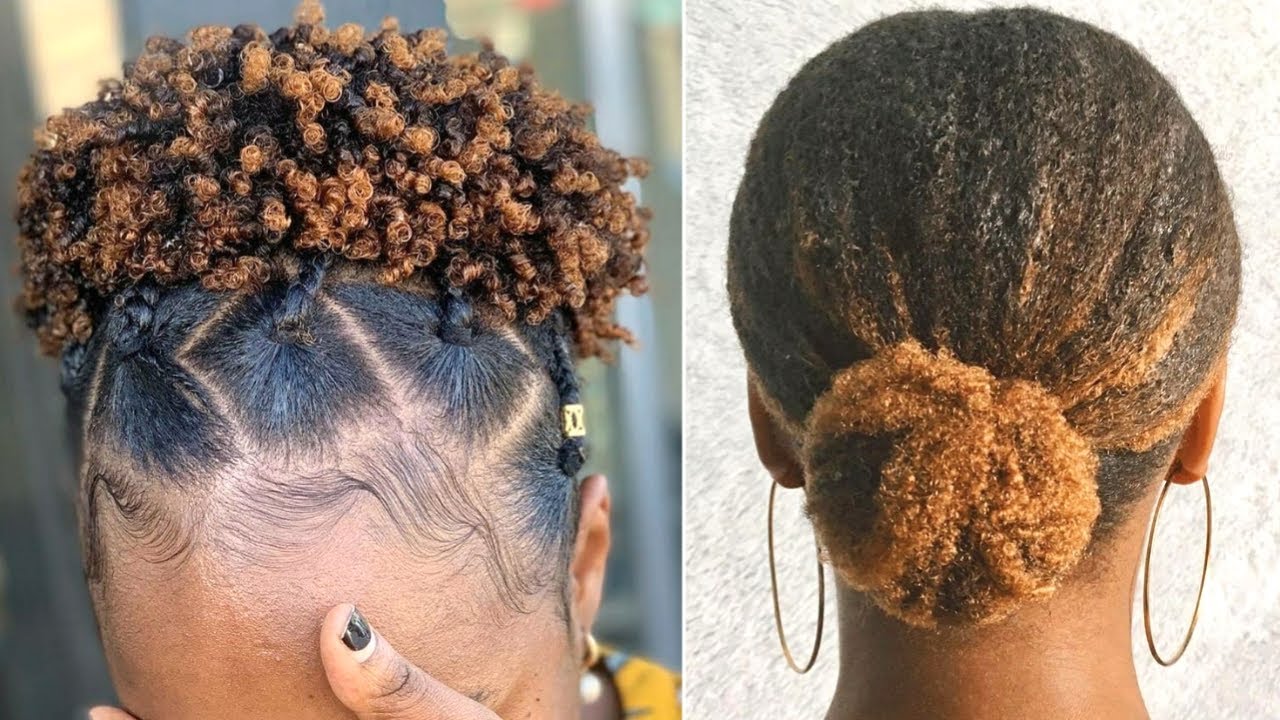
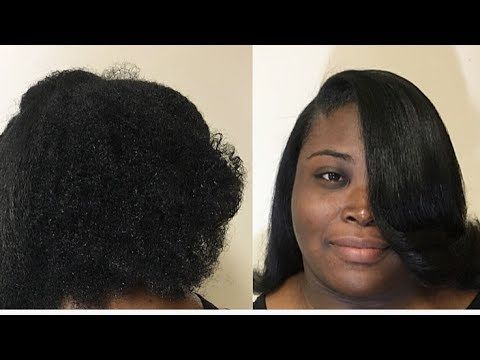
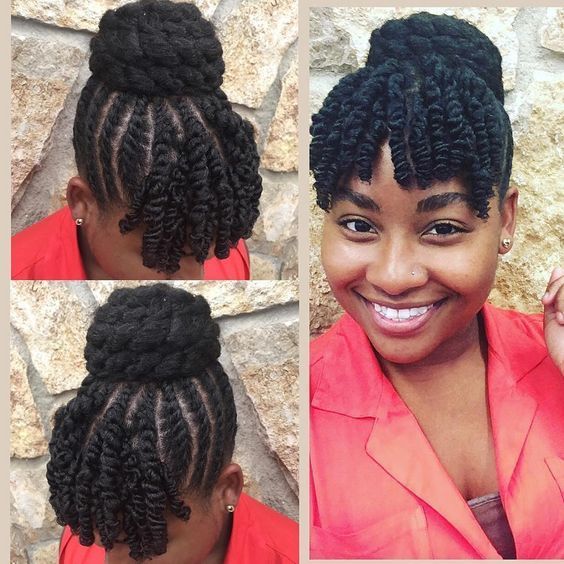


When detangling, you should use a wide-toothed comb on damp hair. The conditioner will add slip and help you comb through your tight curls. It also contains essential fatty acids that can thicken and reduce breakage.

